Weekly Tech Recap - № 296 - Google hybrid mode, Switch sales, 2 nm chips, Night Shift, confidentiality on Google Play

Google hybrid mode
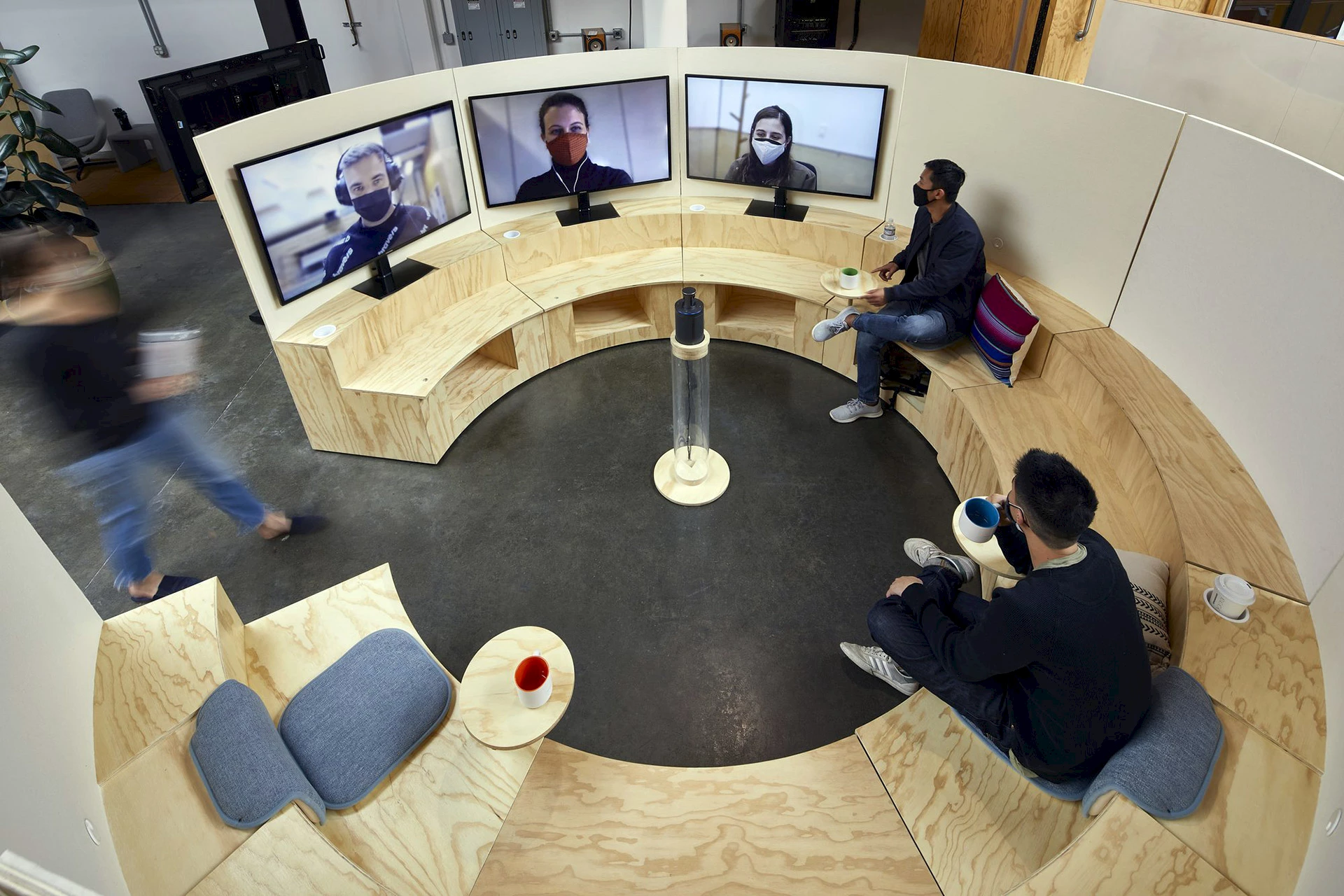
“Campfire,” a Google experiment. © Google.
Sundar Pichai, Google CEO, expects that 60% of the company’s roughly 140,000 global employees, who all have been telecommuting for the past year, will spend about three days per week in the office after the pandemic, while around 20% of employees would continue to work remotely on a permanent basis. Google employees will also be able to request a location transfer upon manager approval. A policy of work-from-anywhere weeks will let employees work away from their main office for up to four weeks per year. Mr. Pichai adds that Google will provide more details on these changes by mid-June.
The research giant is the latest tech company to announce major post-pandemic shifts to its work culture. Microsoft will let its employees work from home half the week, or to work remotely on a permanent basis upon supervisors’ approval. Twitter and Facebook announced similar plans to let employees work from home or remotely indefinitely. At Spiria, we have also implemented a similar policy. We intend for people to be present in the office 50% of the time. Half a week, a month, a year, whatever, flexibility is the key here. This way, people will be able to travel during working holidays.
⇨ The Verge, Jon Porter, “Google expects most staff to spend about three days per week in the office post-pandemic.”
⇨ The Keyword, Sundar Pichai, “A hybrid approach to work.”
2021-05-06
Nintendo Switch gaining ground
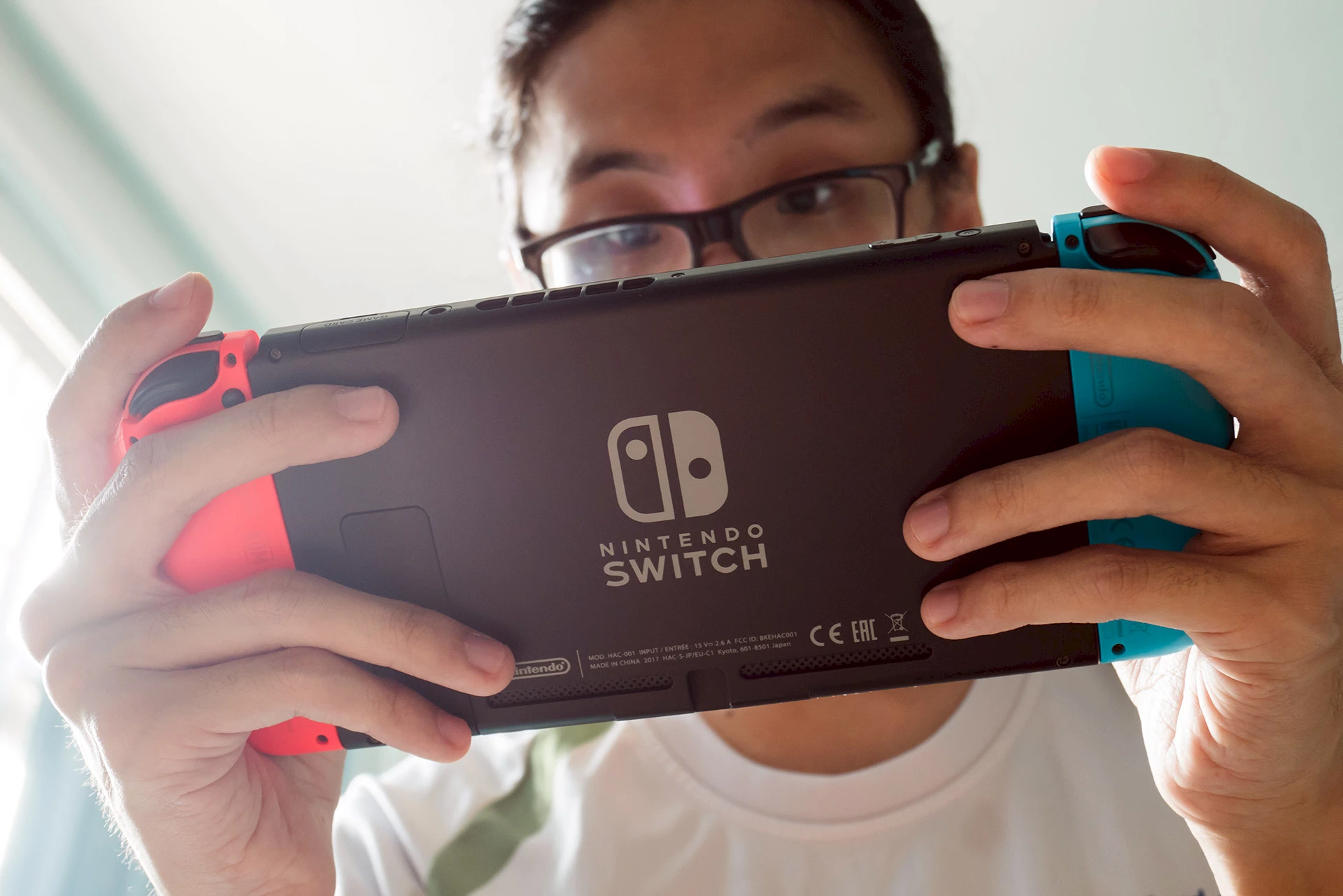
Nintendo Switch. © iStock.
Nintendo’s Switch portable console sales were up 44% in the first three months of the year compared to the same quarter the year prior. Today’s figures bring total Switch sales to 28.83 million for the fiscal year ending March 31, up 37% from the 21 million Switch consoles the company shipped the previous year. That makes a total of 84.59 million Switch units shipped worldwide since the console’s launch in 2017, nearing the Wii console’s 101.63 million lifetime sales.
Game sales for the year also spiked by 37%, with 230.88 million units sold, compared to 168.72 million units in the prior year. Leading the way, Animal Crossing: New Horizons with 20.85 million units sold, followed by Mario Kart 8 Deluxe (10.62 million units), Super Mario 3D All-Star (9.01 million units) and Ring Fit Adventure (7.38 million units)./p>
However, Nintendo has warned that the production of Switch consoles will likely be affected by the global chip shortage, and predicts a 12% decrease in console sales in the fiscal year ending March 2022. The drop in console manufacturing would drag game sales down by 18%.
⇨ The Verge, Thomas Ricker, “The Nintendo Switch can’t be stopped.”
⇨ Ars Technica, Leo Lewis, Kana Inagaki, “Nintendo warns global chip shortage to hit Switch production.”
2021-05-06
2 nm chips coming up
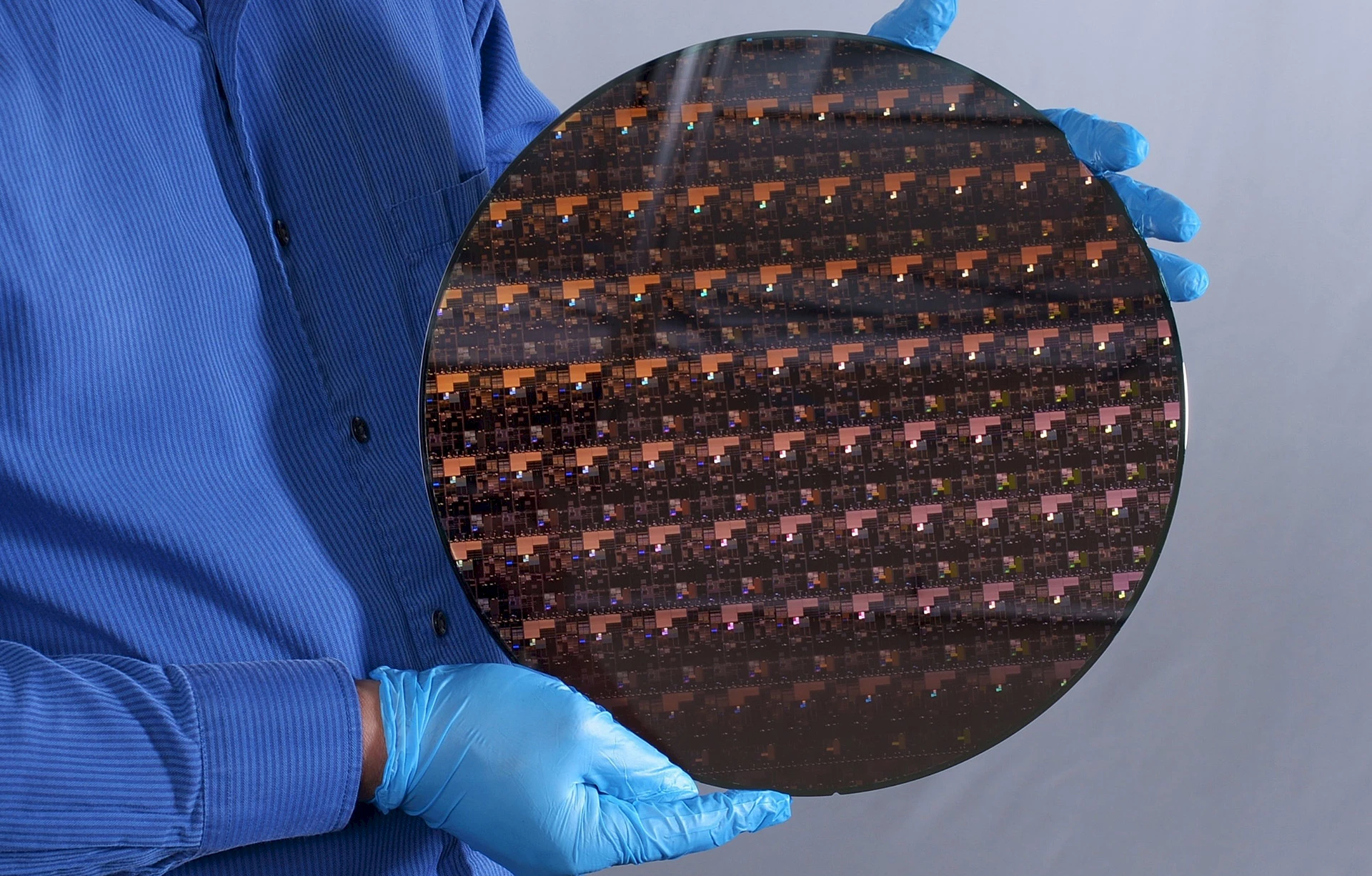
2 nm wafer. © IBM Research.
In the race to engrave chips ever more finely, IBM has taken first place. The company announced that it has developed the technology to produce 2nm processors. Most modern processors are 7nm-based, and some, like Apple’s M1 made by TSMC, are even 5nm-based. IBM says the new 2nm chips will improve performance by 45% using the same amount of power, or use 75% less power while maintaining the same level of performance, compared to current 7nm chips. To give an idea of the scale, IBM could fit 50 billion transistors on a 2nm chip the size of a fingernail (with a maximum density of 333 million transistors per square millimeter). These chips are based on nanosheet technology, in which a transistor is made up of three stacked horizontal silicon sheets, each only a few nanometers thick. Among the benefits, IBM promises the chip will quadruple cell phone battery life, dramatically reduce the carbon footprint of data centers and accelerate laptop computer function. Mukesh Khare, at IBM’s Albany Research Center in New York, has hinted that the first 2nm chips could roll out of factories as early as 2024.
⇨ IEEE Spectrum, Dexter Johnson, “IBM Introduces the World’s First 2-nm Node Chip.”
2021-05-06
Night Shift is of no help

© iStock.
Night Shift is a feature available on iOS, iPadOS, and macOS that is supposed to improve your sleep by automatically changing your screen colors to warmer hues after dark. The feature was inspired by studies that show that exposure to bright blue light in the evening can disrupt your circadian rhythm and delay sleep. Researchers at Brigham Young University wanted to see how much the blue light reduction feature of a screen actually improves the quality of sleep. Their conclusion? Night Shift doesn’t help at all.
The researchers assessed the sleep quality of 167 young adults divided into 3 groups: one group did not use their iPhone at all, another used their iPhone without activating Night Shift and the last used their iPhone with Night Shift activated. “There were no significant differences in sleep outcomes across the three experimental groups,” the study concluded. The researchers also mentioned that mental stimulation, not screen colorimetry, plays a role in the quality of sleep for people who get regular and enough sleep. Even if Night Shift doesn’t improve sleep quality, users point out that it does reduce eye strain and that Apple should keep the feature, but adjust its description to remove any suggestion that it acts as a sleep aid.
⇨ Ars Technica, Samuel Axon, “Study: Using Apple’s Night Shift to improve your sleep? Don’t bother.”
⇨ Brigham Young University, Cami Buckley, “Is Night Shift really helping you sleep better?”
2021-05-05
Confidentiality statements on Google Play
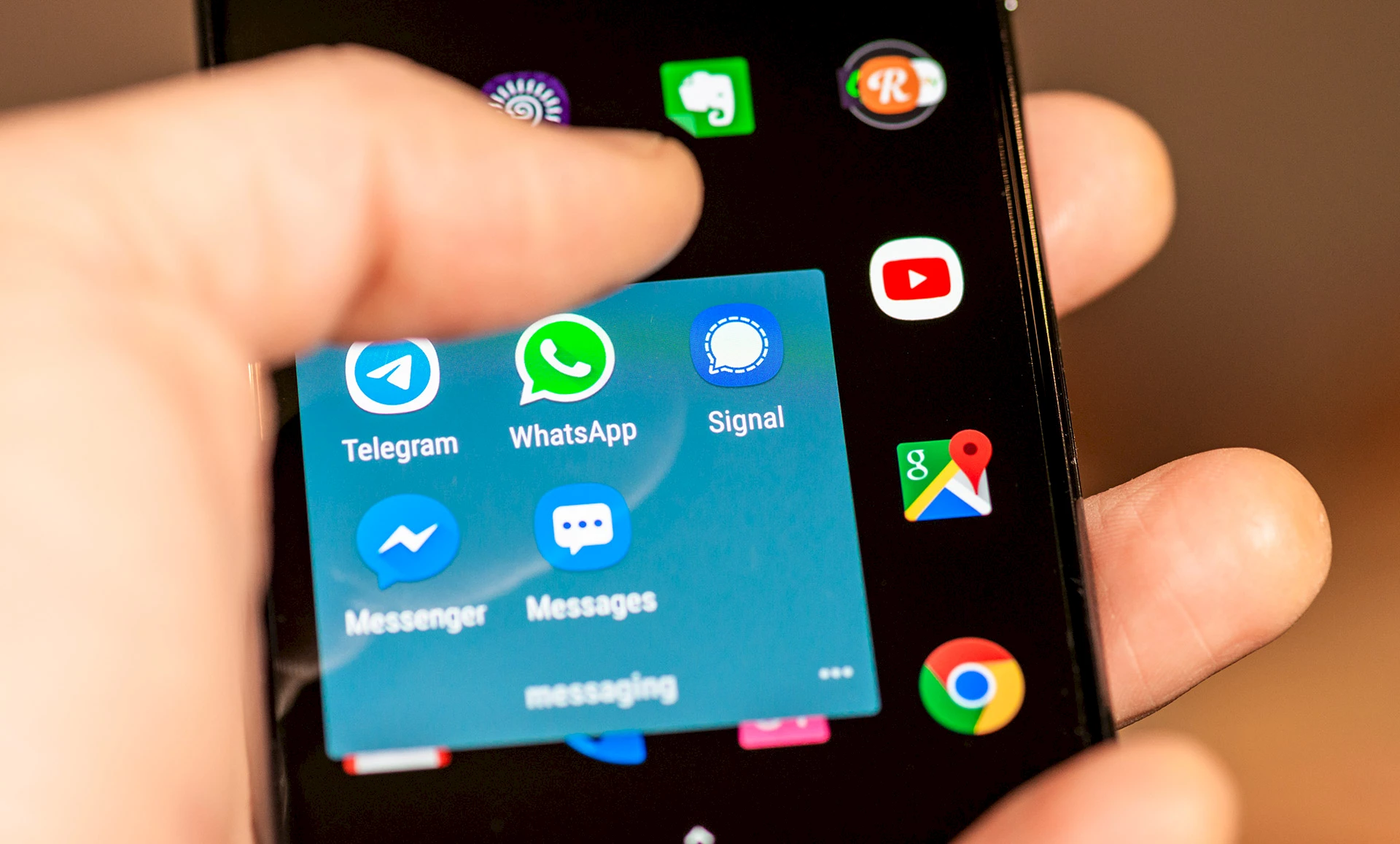
Samsung S21. © iStock.
Starting next year, apps on Google Play will have to show details about what data they collect, as well as information about privacy and security practices. The announcement comes just months after Apple established a similar policy for its App Store. According to Google, the initiative is meant to “help people understand the data an app collects or shares, if that data is secured, and additional details that impact privacy and security.” A new section on each app’s sheet will detail what user data an app has access to (like location, contacts, or personal information like email addresses), but Google says it also wants to let developers give some context on how this data is used and what it means for the app’s functionality. The new policy won’t go into effect for several months to give developers enough time to implement the changes. Developers can start declaring the privacy-related information during the fourth quarter of this year, and users will begin seeing it during the first quarter of 2022. New apps and their updates will be required to include this new information from the second quarter of 2022.
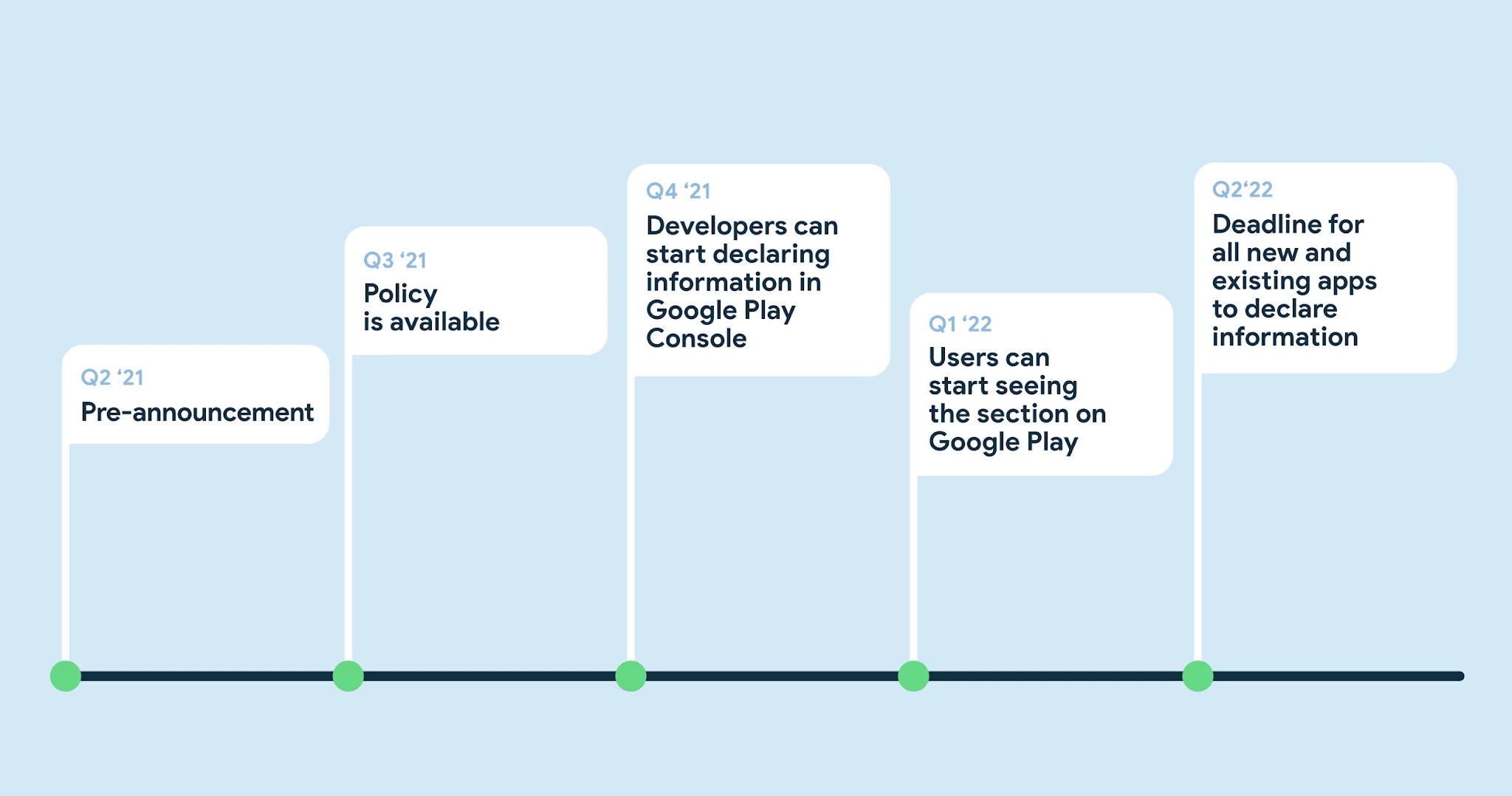
⇨ The Verge, Jon Porter, “Google Play’s app listings will require privacy info next year, just like the App Store.”
2021-05-06
